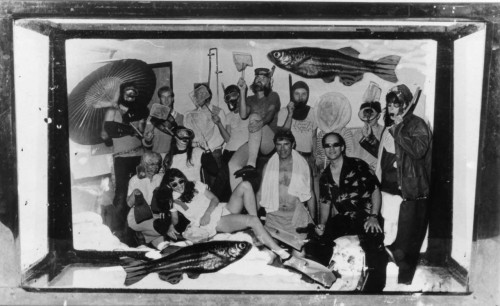I’m all done with classes! But I still have a full schedule. Here’s my day:
-
Walk down to the gym, put in a half hour or so.
-
Walk to the coffee shop, plunk my butt down and drink a cup.
-
Grade.
-
Grade.
-
Grade.
-
Grade.
-
Grade.
-
Grade.
-
Grade.
-
Grade.
-
Grade.
-
Grade.
-
Grade.
-
Grade.
-
Grade.
-
Grade.
-
Grade.
-
Grade.
-
Go home and pass out.
It is a good plan. It is the best plan.




